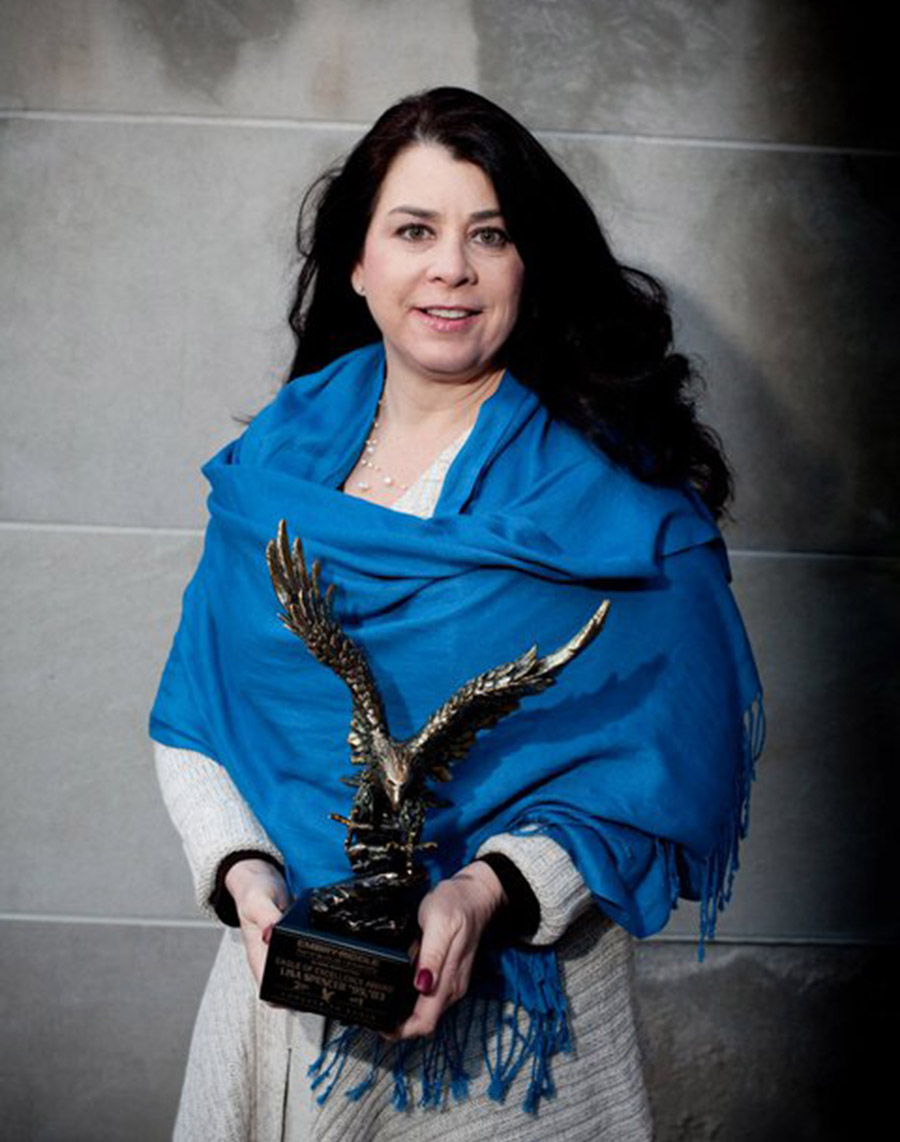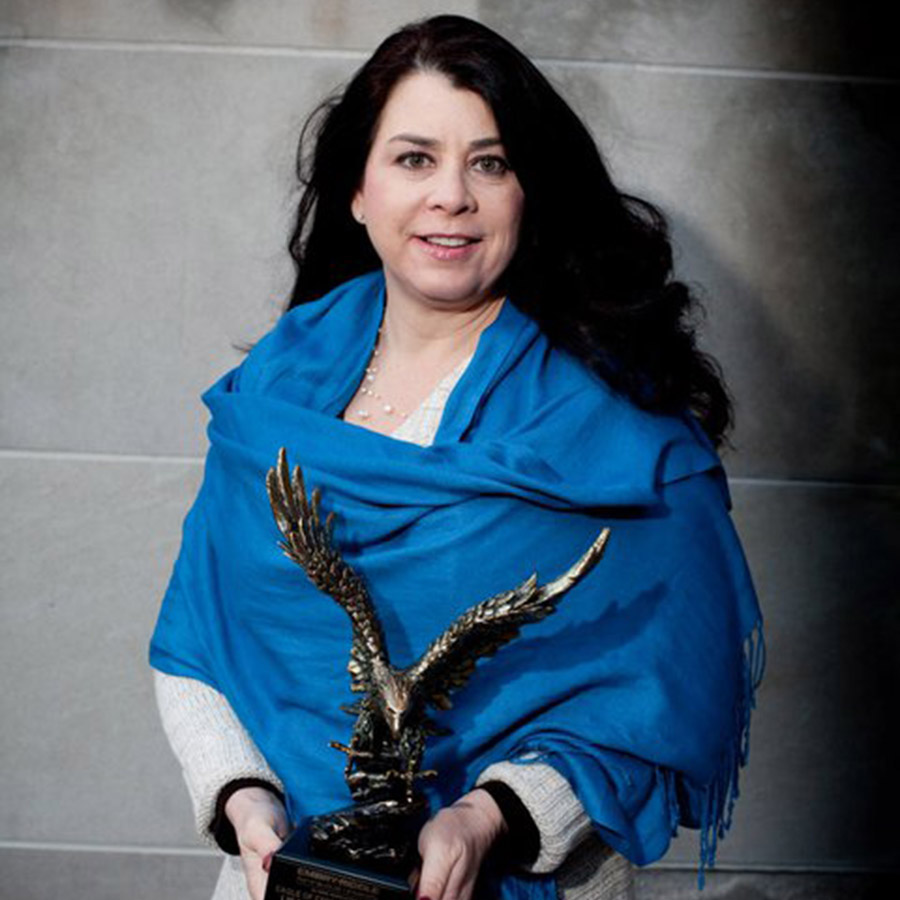Recently someone asked me if my current job was my “dream job.” I doubt a lot of kids would say that their dream is to become an international civil servant. It’s hard to dream up that kind of job as a kid!
In 2011, I was charged with creating the Aviation Risk Management Office (ARMO), a new office within the United Nations Department of Safety and Security (UNDSS), that would support the members of the U.N. Security Management System (UNSMS)*. Given the opportunity and privilege to focus on my passion for aviation while serving those who serve the world, any uncertainty I might have had was replaced with determination, persistence and a lot of research.
U.N. personnel work in some of the most challenging geographic and cultural environments. Aviation is often the preferred and only mode of transport available. The ARMO was created to provide policy, guidance and evidence-based information to help mitigate certain risks for the U.N.’s most valuable resource, its people. This allows them to focus their attention on their critical humanitarian, development and assigned duties—wherever in the world they may travel.
Trust means everything, especially when working in a global platform. In today’s high threat, low tolerance and often contentious world, caring about others has never been more important. And, in my opinion, being trusted to make good decisions is the greatest personal and career validation anyone can achieve. In my role at the U.N., trust is a daily requirement.
I’ve found that expectations often go hand in hand with the level of trust we either extend or deny to others.
A personal experience taught me a valuable lesson about expectations. I was once told that based on my appearance, how I talked and my demeanor, that I would not have been hired—if the boss had not been on vacation. I was thought to be too naïve, too timid and too foreign (I had a heavy accent) to provide much value to the company.
If people rise to your expectations, then why wouldn’t you expect the best from them? Why anticipate less from people, when you may be able to create an atmosphere where they can excel simply by expecting more?


Later, the boss told me that he was wrong. He apologized for stereotyping me and asked me to learn from his mistake. He said he believed that people rise to your expectations of them and that he did not have high expectations for me. However, he noticed that others responded well to me and that my good decisions outweighed the mistakes. He decided to raise his expectations, a choice that benefited us both. I needed the opportunity to prove myself and he needed an empowered, trustworthy employee.
I gained a new perspective from his example, which has directly impacted my life. Working for an organization where diversity, tolerance and inclusion is foundational makes this lesson even more relevant.
If people rise to your expectations, then why wouldn’t you expect the best from them? Why anticipate less from people, when you may be able to create an atmosphere where they can excel simply by expecting more?
So, I challenge you to check your expectations.
If you think every welfare recipient, every refugee, every migrant, every homeless person, every person with a race, religion or ethnicity other than your own is going to be a burden on society, violent, lazy, combative, manipulative, or even a terrorist, then I caution you. What if they, having no other opportunities or seeing no other choice, lived up to those expectations?
Can we not give all human beings the opportunity to rise to positive expectations to show themselves as gracious, respectful and hardworking, before we classify their character? If we can do that, then I believe we will create an environment where people from different cultures, experiences and languages work together to create meaningful change. Wouldn’t it be a shame if those you stereotype had no choice but to live up to your expectations?
*The UNSMS comprises 53 different U.N. entities (agencies, funds, programs, organizations, etc.) totaling an estimated 300,000 personnel worldwide.
Disclaimer: The views expressed herein are those of the author and do not necessarily reflect the views of the United Nations.
Editor’s Note: Lisa Anderson Spencer is a licensed commercial pilot with instrument and multi-engine ratings. She holds a Master of Aeronautical Science from Embry-Riddle’s Worldwide Campus at Nellis Air Force Base and a Master in Business Administration from Embry-Riddle’s Daytona Beach Campus.
